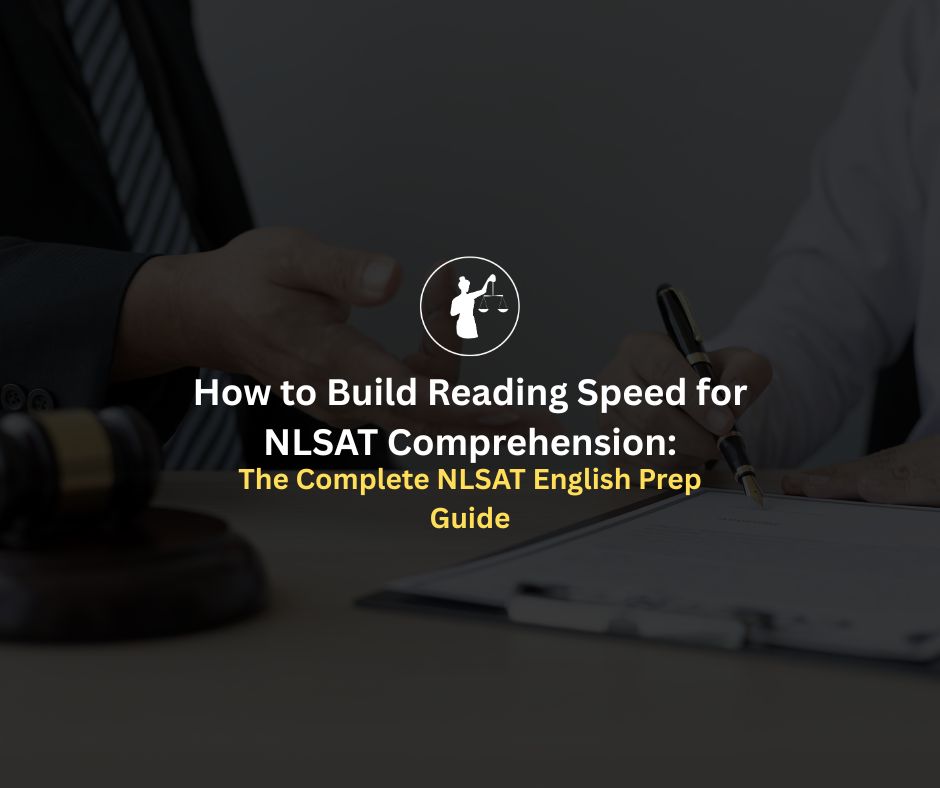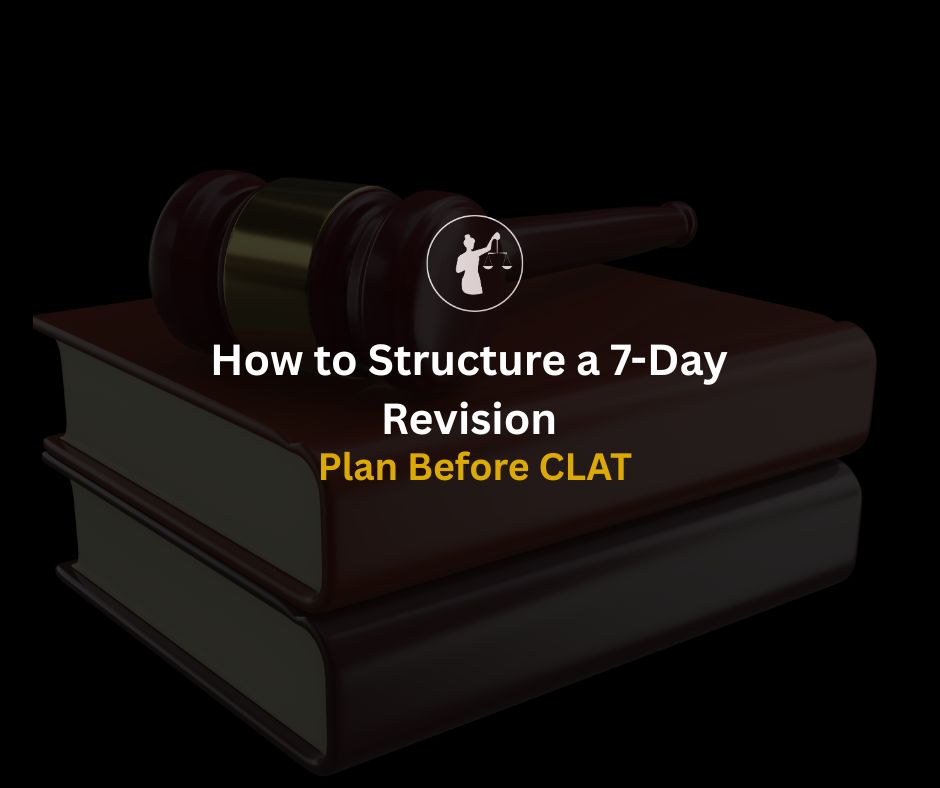Preparing for the NLSAT 2025 can seem daunting, but with a well-structured 6-month study plan, you can confidently tackle the challenges of this competitive exam. In this guide, we’ll break down how to create an effective study plan, optimize your preparation, and ensure you stay on track to achieve success.
The National Law School Admission Test (NLSAT) is designed to assess a candidate’s critical thinking, legal aptitude, reasoning skills, and writing abilities. The exam is divided into two distinct parts, Part A and Part B, each focusing on specific skills crucial for success in law school. Here’s a detailed breakdown:
Structure:
Number of Questions: 75
Question Type: Multiple-choice questions (MCQs)
Marking Scheme:
Typically, +1 for a correct answer and no negative marking (though candidates should verify with the official guidelines).
Focus Areas:
Legal Aptitude:
Tests your understanding of basic legal concepts and principles.
Logical Reasoning:
Evaluate your ability to analyze patterns, deduce conclusions, and approach problems logically.
General Knowledge (GK):
Divided into current affairs and static GK
Structure:
6 Short-Answer Questions:
Each carries 10 marks.
1 Essay: Worth 15 marks.
Focus Areas:
Short-Answer Questions:
These questions are designed to test your legal reasoning, analytical abilities, and written communication skills.
Essay Writing
The essay question tests your ability to critically analyze a topic, structure arguments coherently, and present them in a persuasive manner.
Here’s a detailed month-by-month breakdown of how to effectively prepare for NLSAT 2025. This plan is structured to build foundational knowledge, expand skills, and fine-tune exam strategies, ensuring a holistic preparation approach.
Stay Organized:
Use a planner to track daily and weekly goals.
Adapt Based on Performance:
Reassess your study plan if mock tests reveal consistent weak areas.
Seek Guidance:
Join NLSAT coaching programs or online mentorship for expert advice.
Stay Healthy:
Include short breaks, regular exercise, and proper sleep in your routine to avoid burnout.
Building a 6-month study plan for NLSAT 2025 requires strategic planning, consistent effort, and self-discipline. By following this month-by-month approach, practicing mock tests, and focusing on both Parts A and B, you can maximize your chances of securing a spot at NLSIU.
Start today, and let your preparation pave the way to success!
Yes, a well-structured study plan and consistent effort over 6 months are sufficient to cover the syllabus, practice mock tests, and excel in the exam.
Mock tests are essential to familiarize yourself with the exam pattern, improve time management, and identify strengths and weaknesses. Regular analysis of your mock test performance is equally important.
A minimum of 4–6 hours of focused study daily is recommended. Increase this to 8+ hours closer to the exam for revision and practice.
Start with foundational topics:
Legal Aptitude: Focus on basic legal concepts and principles.
Logical Reasoning: Practice critical and analytical reasoning.
General Knowledge: Cover current affairs and revise static GK.
Aim to write 2 essays per week initially. Gradually increase to 1 essay daily in the last month to build confidence and refine your writing skills.





